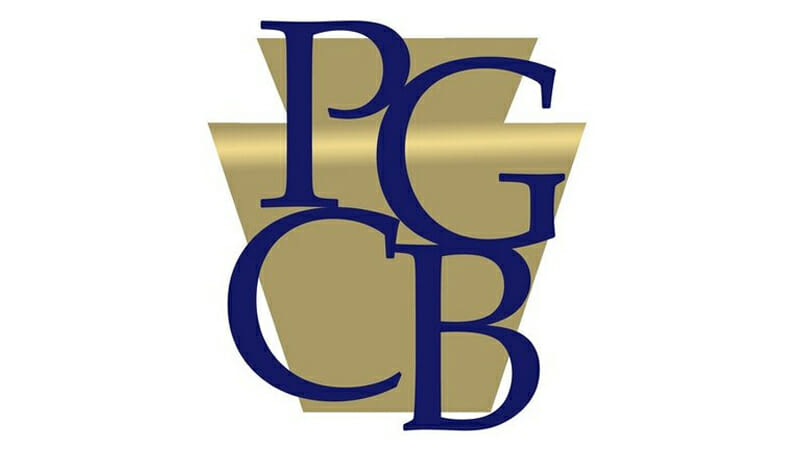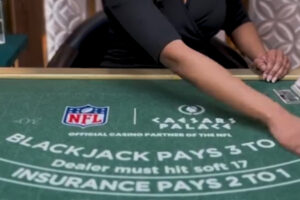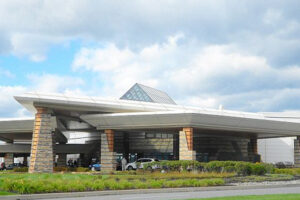Pennsylvania’s Enhanced Self-Exclusion System for Gamblers is Now Live

The Pennsylvania Gaming Control Board (PGCB) has launched an enhanced, user-friendly online system to assist individuals displaying problem gambling behaviors. It announced the news in a statement earlier this week.
This system allows individuals to self-exclude from participating in any of the various gambling activity regulated by the board, marking a significant step forward in the state’s efforts to combat problem gambling.
Elizabeth Lanza, director of the PGCB’s Office of Compulsive and Problem Gambling (OCPG), highlighted the comprehensive approach of the new system.
“Each casino and online operator has an approved compulsive and problem gambling plan,” she said in the regulator’s official statement.
“This includes training employees on the symptoms of gambling disorder, policies to identify those with potentially harmful behavior, and responsible advertising policies.”
Related: Our guide to responsible gambling, including useful resources
A Comprehensive Approach
The self-exclusion program, which began in 2006, was designed to allow individuals to ban themselves from entering and gambling at Pennsylvania casinos.
It was expanded in 2017 to include self-exclusion programs for online casinos, sports wagering, Video Gaming Terminals (VGTs) at truck stops, and online fantasy sports.
The new online system, accessible at responsibleplay.pa.gov, offers several new features to assist individuals struggling with problem gambling.
These include the ability to enroll in one, several, or all self-exclusion programs, request removal from the casino self-exclusion program, extend the period of their self-exclusion ban, view their self-exclusion documents and status in real-time, and update their personal information.
For identity verification purposes, individuals enrolling in a self-exclusion program must upload a “selfie” picture that matches with a picture of their photo ID.
Beyond Self Exclusion
The PGCB’s efforts to combat problem gambling extend beyond the self-exclusion program.
Casinos or gambling operators that let restricted players use their services can be hit with serious fines, and/or other punishments. To convince signees not to try and break their own ban, anyone doing so could face criminal trespass charges – and have any gambling winnings confiscated.
All licensed online operators, from casinos to sports wagering or fantasy sports, must have options on their sites that enable the player to place self-imposed limits on deposits, wagers, spend, and play time.
The Board also promotes responsible gambling awareness, to avoid problem gambling patterns manifesting at all.
These efforts are backed up by the recent release of figures showing 20,000 people have participated in the state programs since they started.
What’s Really at Stake
The PGCB’s Office of Compulsive and Problem Gambling has also worked to develop public health educational campaigns, such as “What’s Really at Stake” and “Don’t Gamble with Kids.”
That second campaign was the result of a concerning trend at state casinos in 2023. Over the past few months, several different Pennsylvania casino attendees were caught attempting to bring children into casinos, or leave them outside in cars while they go for a gambling session.
State authorities and casinos have, unsurprisingly, taken a tough stance on this behavior.
The total gambling market in Pennsylvania is worth more than $450 million a month, and recent figures show it is growing year-on-year. It provides some $600 million a year in taxes for the state, some of which is earmarked for problem gambling prevention funds. Popular state casinos include Hollywood Casino at Penn National Racecourse











